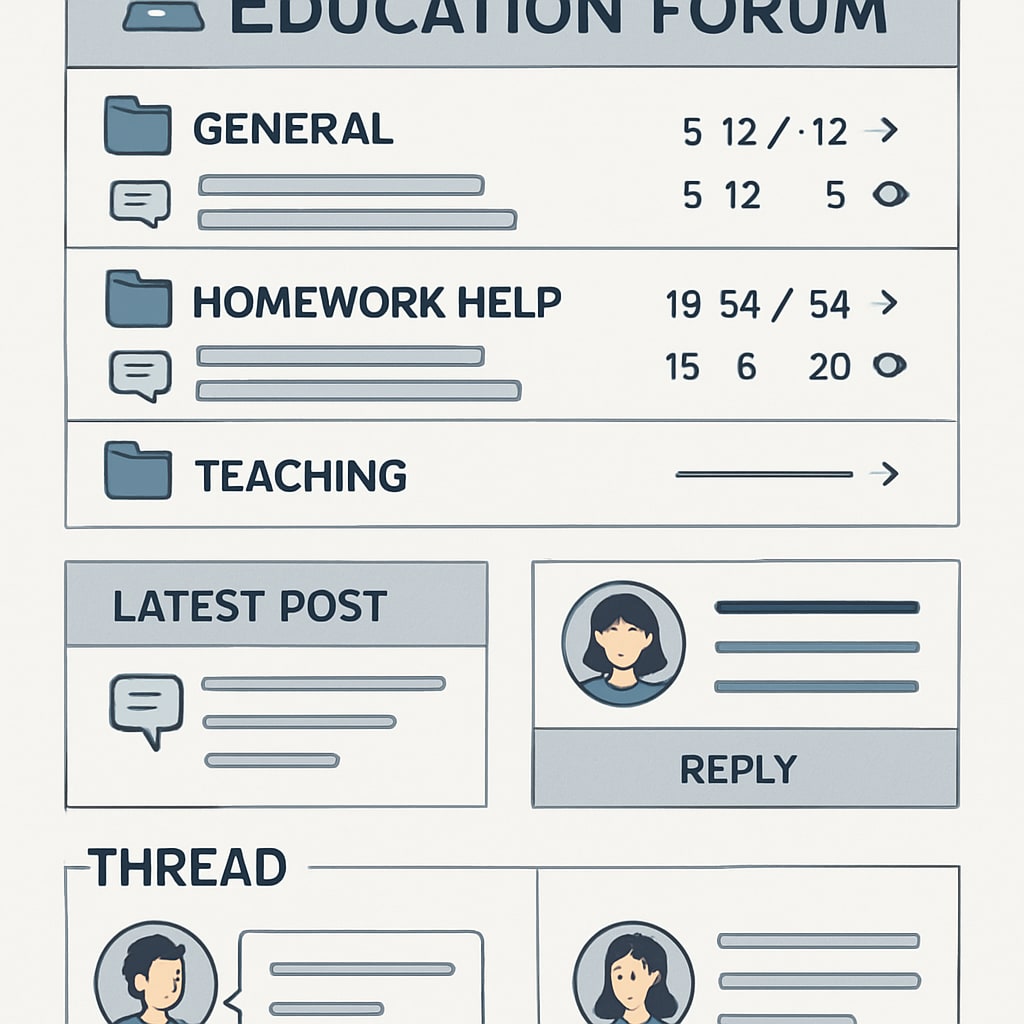Online education communities have become indispensable platforms for K12 teachers, parents, and other education stakeholders. By adhering to well-defined community rules, education networks, and subsections, these platforms create a structured and inclusive environment for resource-sharing, professional collaboration, and innovative teaching practices. This article explores the critical principles behind building high-quality educational communities and offers practical tips to maximize their potential for educational growth.
Key Principles of Effective Online Education Communities
For an online education platform to thrive, it must be underpinned by clear and enforceable community rules. These rules establish boundaries, promote respectful interactions, and maintain a focus on the community’s shared goals. For example, communities like r/Education on Reddit provide a space where educators and parents can seek advice, share resources, and discuss teaching strategies in a professional and respectful manner.
Additionally, the organization of the platform into distinct subsections (or subforums) allows users to navigate easily and find resources tailored to their specific needs. Whether it’s lesson plans, classroom management tips, or discussions about technology in education, subsections streamline access and make the platform more user-friendly.

How Education Networks Enhance Teaching and Learning
Education networks are powerful tools for connecting teachers and parents globally, fostering collaboration and innovation. Platforms like r/Education serve as hubs where members can exchange ideas, troubleshoot challenges, and stay updated on the latest trends in pedagogy and educational technology.
For example, within these networks, teachers can find:
- Innovative lesson plans and curriculum ideas
- Strategies for managing student behavior in diverse classrooms
- Recommendations for educational tools and apps
- Advice on balancing academic standards with student well-being
Parents, on the other hand, benefit from tools and resources that support their children’s learning at home. From tips on homeschooling to navigating virtual learning platforms, these networks are an invaluable resource for families seeking guidance.
Practical Tips for Leveraging Community Resources
To make the most of online education communities like r/Education, consider the following strategies:
- Understand the Community Rules: Before participating, familiarize yourself with the platform’s rules to ensure respectful and productive engagement.
- Engage Actively: Contribute by sharing your own experiences and resources. Communities thrive on reciprocal support.
- Use Subsections Wisely: Navigate to specific subsections to quickly find relevant discussions or materials.
- Verify Resource Credibility: While many resources are peer-recommended, always evaluate their suitability for your context.
By following these tips, educators and parents can unlock the full potential of education networks and foster meaningful learning experiences for students.

The Lasting Impact of Education Communities
Online education communities are more than just resource hubs; they are transformative spaces that empower educators and parents to adapt to rapidly evolving educational landscapes. By adhering to comprehensive community rules, leveraging structured subsections, and participating in dynamic education networks, K12 stakeholders can ensure that their teaching and parenting practices remain relevant and effective.
As these platforms continue to grow, they promise to play an even greater role in shaping the future of education—bridging gaps, fostering innovation, and promoting lifelong learning.
Readability guidance: Short paragraphs and lists are used to enhance readability. Transition words such as “for example,” “in addition,” and “as a result” ensure smooth flow. The article avoids overuse of passive voice and maintains a professional tone throughout.


